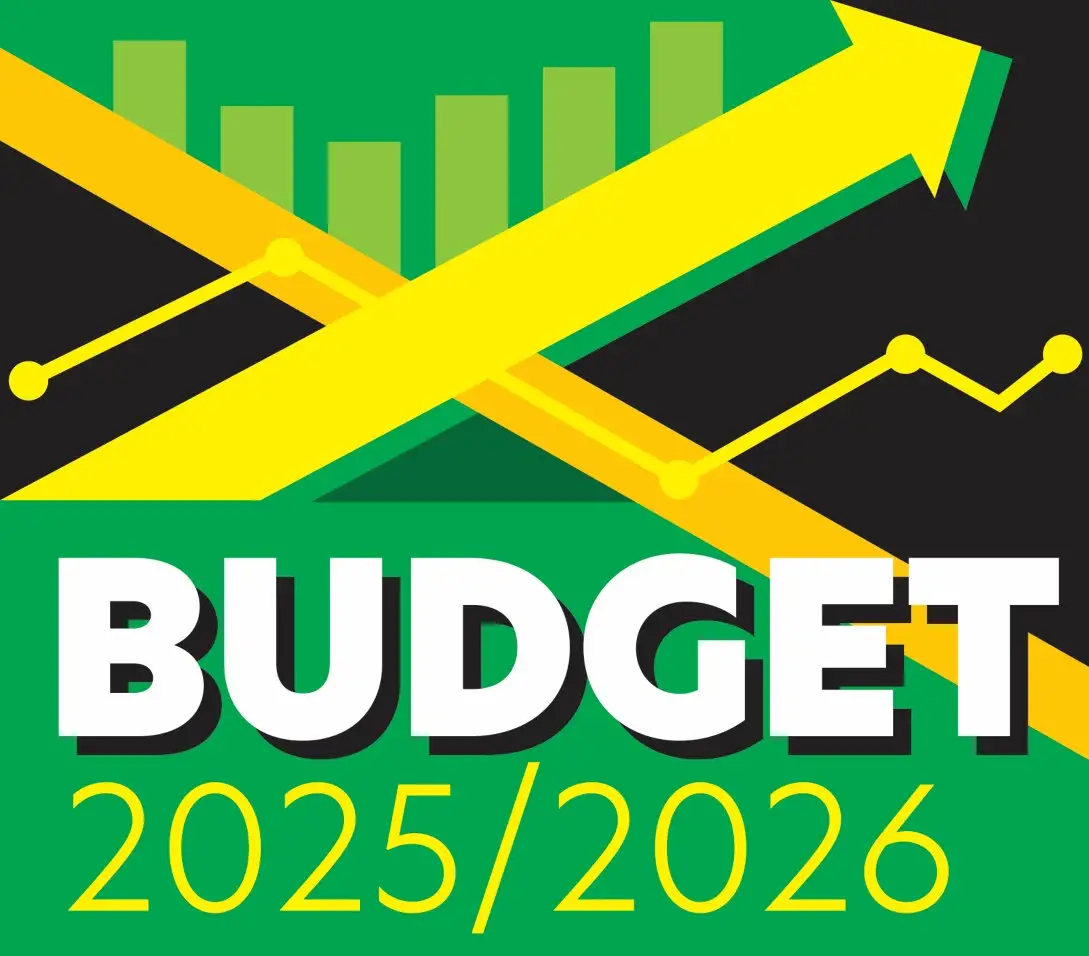
$1-billion subsidy for 20,000 prepaid JPS customers
The Government has allocated $1 billion in the 2025-26 budget to assist the first 20,000 customers who sign up with Jamaica Public Service Company (JPS) for prepaid electricity.
At the same time, the Administration announced that the promised reduction in General Consumption Tax (GCT) on electricity will be seven per cent as of May 1.
Finance and the Public Service Minister Fayval Williams made the announcements on Tuesday as she opened the 2025/26 Budget Debate at Gordon House in her capacity as the country’s first female chief steward of the economy.
She posited that the move to assist prepaid customers will go a far way in tackling the decades-old problem of electricity theft, which is a burden for paying customers who are billed for the losses suffered by JPS.
Williams, in a two-and-a-half-hour long presentation, described the announcement as “the most ambitious programme to allow affordable access to prepaid electricity”. It was among a list of what she described as “good news” announcements.
The minister explained that the $1-billion will go towards paying for house wiring and inspection in order to get people with illegal connections “legally and safely connected to the JPS grid”.
“We know that the cost of house wiring and inspection can be prohibitive for many persons and so, as a caring Government, we are absorbing that cost in order to begin to cauterise this massive electricity theft problem,” Williams said.
“prepaid electricity will put legal electricity within reach of many, because prepaid electricity allows you to buy the amount of electricity that you can afford, when you can afford it. You have complete control,” she added.
“Prepaid cards and vouchers will be available at hundreds of outlets across the island and, according to Williams, “just like how you buy phone cards now, you may also be able to top-up online as well”.
In order to incentivise the uptake of prepaid electricity service, the first 20,000 new prepaid customers will get $4,000 credit for electricity per month for six months under the Government’s House Wiring and Inspection Programme. The programme will be implemented by Jamaica Social Investment Fund (JSIF). The $4,000 will be split equally between the JPS and the Government, while JPS and JSIF will identify the vulnerable communities and provide the sign-up procedures.
“To give a sense of the value of the $4,000 credit, it is worth 50 per cent of the average monthly bill of a typical prepaid customer currently on the JPS system. The data from JPS is showing that the average monthly bill for prepaid customers is $8,000 and that currently there are 17,000 customers who are using the prepaid electricity meter,” Williams shared.
Declaring it to be an offer Jamaicans cannot refuse, Williams pointed out that there is no cost to the customer for the house wiring; no cost for the inspection; $4,000 credit towards customers’ bills for six months; no police running in on you to pull down throw-ups; and customers will be able to buy electricity when needed and in the amount they can afford.
Williams emphasised that prepaid electricity was not just for vulnerable communities or people not legally connected to the grid.
“Any individual customer can buy the prepaid service and the GCT on prepaid [connections] is also seven per cent,” she stated.
Meanwhile, Williams said the Government’s commitment to reduce the GCT on electricity to seven per cent and eliminate the 150kWh threshold for post-paid residential customers is on track for implementation by JPS as of May 1.
Prime Minister Andrew Holness had made the announcement at the Jamaica Labour Party’s annual conference in November last year.
Post-paid residential customers who consume 250kWh or less will see a rebate of seven per cent and a three per cent subsidy for a total of 10 per cent, Williams revealed.
On the matter of electricity theft, she pointed to a statement in the Parliament by Energy Minister Daryl Vaz on January 28, 2025, in which he said “the electricity stolen amounts to a staggering $40.385 billion”. This works out to $13,500 for every man, woman, and child in Jamaica.


























